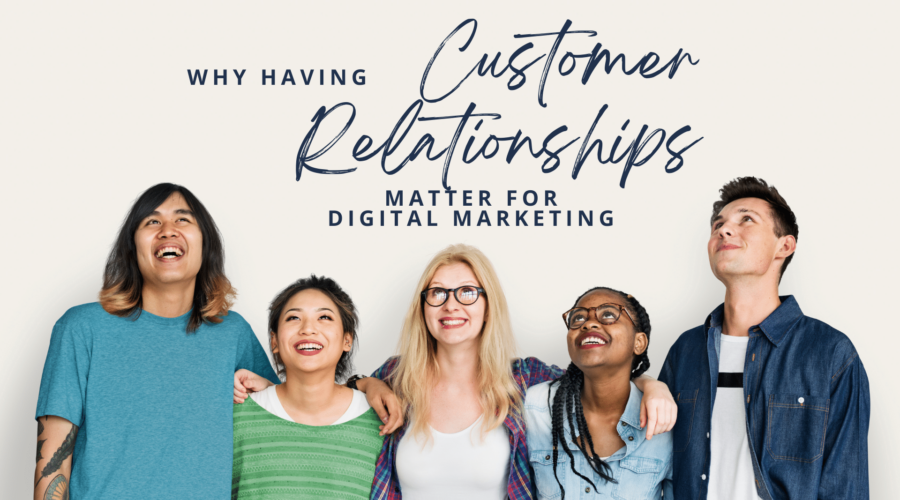When thinking about SEO Los Angeles, it stands to reason that your strategy should be different when dealing with a smaller company website versus a larger one. Maybe you’ve done some developing or optimization of small sites, but now you’re suddenly faced with having to design or overhaul a much more prominent company’s website. If so, there’s no reason to panic. Just follow these guidelines and you should have no problems getting things to where they need to be.
Don’t Get Ahead of Yourself
If you have a well-known nationwide brand then the website is going to be bigger, and the task of getting it in order and optimizing it can seem daunting. Before you begin, create a long-term strategy. Map out your marketing plan down to the smallest detail. Then think about what on the list should take priority, and start there. Look at the breakdown of the website. Is it by product categories, services, or some other more obscure system? You might want to choose a section based on what time of year it is if there is any sort of seasonality regarding the company in question.
Title Tags and the Sales Funnel
SEO tags should get a lot of your attention. The Google bots use them for an understanding of what the page is about, so they need to be optimized for you to rank. After the title tags, work your way to the most popular pages. Do the less visited ones last. Google Analytics will show you where you should start, as it will indicate what pages are getting the most traffic.
Look closely at every aspect of the sales funnel for the company in question. Do each page and its keywords correspond to the stage in the process where a visitor will find themselves? If it’s an informational page, then use keywords that a visitor will likely use to find out about the product or service. If it’s a page that’s meant to get the conversion and turn the visitor into a paying customer, then choose keywords and phrases that will entice them into action, like “where to buy,” “best price,” etc.
You will be best served by being methodical. It can be a tedious undertaking, but if you throw yourself into it without a plan, it’s counterproductive. When the process is over you’ll have a feeling of accomplishment, and you’ll know that visitors to the site will have a better user experience. More conversions will be the proof of your success.




